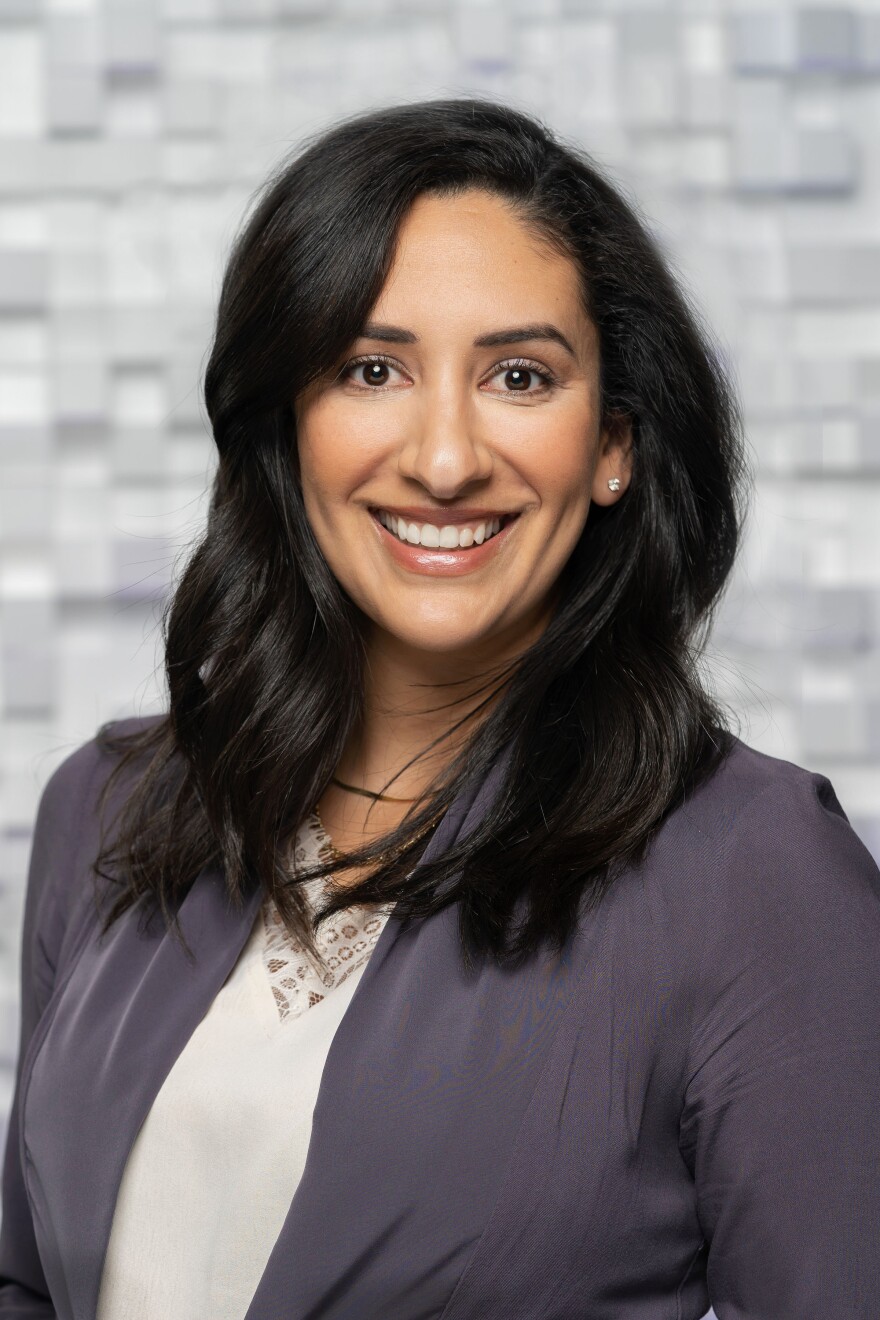The questions below were sent to each candidate competing in the race for City Council.
Sarah Abubaker

What does your district need most right now — and how will you help?
Decaying infrastructure-- we currently have 3 major utility projects happening along the Forest Hill corridor, one of which was due to a catastrophic collapse of a sewer line that caused the road to cave in.
Housing-- not just that there is not enough affordable housing, which is a problem throughout the entire city, but also that many long-time residents are being pushed out due to rising prices and skyrocketing real estate taxes. Multiple residents (myself included) have shared stories of their real estate assessments jumping 60-75% in the past three years.
Lastly, operations of City Hall. While not confined to the district, it is one of the chief complaints I hear from constituents. The effectiveness runs from simple things like not being able to use 311 or 311 routing you to disconnected phone numbers to the Police Non Emergency not picking up after 5 attempts. This is the worst I've seen and heard in my 20 years living in the City of Richmond.
How will you engage your constituents on policy issues?
For almost 20 years, I have been a community organizer, so I have seen an evolution of what works to engage a wide-range of citizens and what has fallen out of favor. Gone are the days of holding public meetings on weeknights and assuming you are receiving full input. We need to reach people in ways that fit their busy lives.We must now take a multi-channel approach to citizen engagement– this means offering virtual town halls, social media for discussions, and even informal meetings, like pop-up events or community walks. It also involves ensuring that engagement is ongoing and not limited to election cycles or discreet instances. By building relationships, keeping an open dialogue, and offering multiple avenues for feedback, we can ensure that all voices are heard—especially those who are often underrepresented in traditional formats. I will continue to advocate for innovative, inclusive engagement strategies that empower all residents to have a say in shaping the policies that affect their lives.
What's your top citywide priority?
My top city priority is to ensure the city’s necessary growth does not leave behind life-long residents. We must ensure we are building affordable housing, but equally important, we must protect against outside development that seeks only to buy up inventory to redevelop it into high-end housing. This trend, where mid-range homes in well-established neighborhoods are torn down to make way for multimillion-dollar properties, not only drives up property values but also pushes out long-time residents who can no longer afford to live in their own communities. We need policies that protect all neighborhoods from speculative development, such as stronger regulations on teardowns, incentives for preserving existing homes, and promoting developments that include a mix of housing options for all income levels. By prioritizing affordable, community-focused development, we can maintain the character of our neighborhoods and ensure that all residents, including life-long ones, can continue to live here.
How can you help restore trust in the city and its services?
Restoring trust in the city and its services cannot be accomplished by one Council representative alone; it requires a collective effort. I will work closely with the new Mayor, CAO, and my fellow representatives to hold city department heads accountable, invest in hiring and training more staff, and upgrade outdated technology and systems. I see a strong appetite among mayoral candidates to do just that, which is encouraging.
Personally, I will ensure that I am a responsive and accessible Council representative who actively advocates for my constituents with the city administration. While I may not control city operations directly, I will communicate proactively, explaining my decision-making process and keeping residents informed. Having worked for and with the 4th District for the last 13 years, I’ve built trust by consistently following through on my commitments and listening to the needs of my neighbors. On the campaign trail, I’ve also spent considerable time building new relationships and asking residents what they need from their city and its elected officials. This early engagement will allow me to hit the ground running, establishing trust not just in me as a representative but also helping to rebuild trust in the city as a whole.
What steps can council take to ensure more affordable housing — not just publicly subsidized housing — is accessible to residents?
Council can take several steps to make housing more affordable and accessible to all residents. One key approach that is already underway is to update zoning laws to encourage higher-density, mixed-use development, especially near public transportation hubs. In more residential areas incentivizing the construction of smaller, more affordable housing units, including duplexes, infill development, and accessory dwelling units (ADUs), can create a broader range of housing options without relying solely on public subsidies.
I would advocate for the inclusion of policies that require new large-scale developments to incorporate a percentage of affordable housing units, similar to what was put into place with the Diamond District. This will ensure that affordable housing is distributed throughout the city, promoting economic diversity and inclusivity.
Lastly, we must promote land trusts and community land banking programs that keep housing permanently affordable and prevent speculative pricing. These steps will help ensure that more affordable housing options are available to all residents, not just those in publicly subsidized housing programs.
What's your perspective on term limits for council representatives?
I believe term limits are essential for maintaining a healthy democracy. While council members should have enough time to make meaningful, lasting changes, it's equally important that new voices and fresh perspectives have the opportunity to lead. Serving too long can risk elected officials becoming out of touch with the evolving needs of the community. By passing the baton to the next generation, we ensure that leadership remains responsive, innovative, and reflective of our diverse population.



